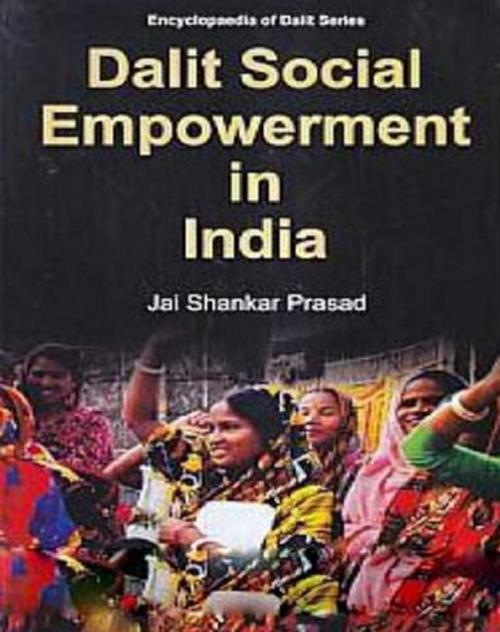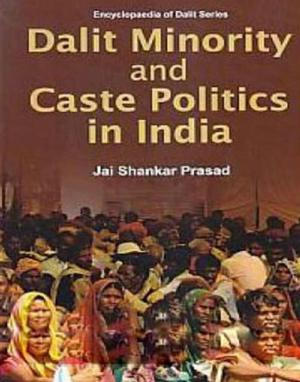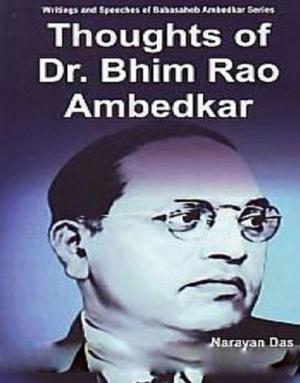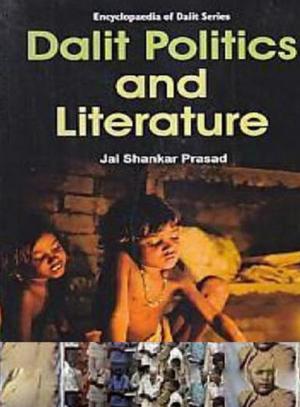| Author: | Jai Shankar Prasad | ISBN: | 9789388034661 |
| Publisher: | Centrum Press | Publication: | June 30, 2017 |
| Imprint: | Centrum Press | Language: | English |
| Author: | Jai Shankar Prasad |
| ISBN: | 9789388034661 |
| Publisher: | Centrum Press |
| Publication: | June 30, 2017 |
| Imprint: | Centrum Press |
| Language: | English |
The plight of the Dalits in India in all areas of life - economic, social, spiritual and economic has been pathetic throughout their history and continues as such even today, albeit a little alleviated. The major empowerment of the Dalits, however, started occurring after the arrival of the colonialists, especially the portugese and the English. For a country which is among the top 10 industrialized nations in the world, it is a poor statement that close to 40% of the population lives below the poverty line, a majority of them being the Dalits. In urban areas, 27.3% of ST and 21.8% of SC populations were poor, versus 26.5% of Muslims. Full Dalit empowerment is a long, long way off and can occur only when governments from the first world get involved in the plight of the Dalits and make efforts to empower them. This book will be of interest to practitioners in the fields of development: sociology, cultural studies and education; caste, gender, post-modern and subaltern academics and students, the general public and policy makers in India; Dalits and Dalit women in particular.
The plight of the Dalits in India in all areas of life - economic, social, spiritual and economic has been pathetic throughout their history and continues as such even today, albeit a little alleviated. The major empowerment of the Dalits, however, started occurring after the arrival of the colonialists, especially the portugese and the English. For a country which is among the top 10 industrialized nations in the world, it is a poor statement that close to 40% of the population lives below the poverty line, a majority of them being the Dalits. In urban areas, 27.3% of ST and 21.8% of SC populations were poor, versus 26.5% of Muslims. Full Dalit empowerment is a long, long way off and can occur only when governments from the first world get involved in the plight of the Dalits and make efforts to empower them. This book will be of interest to practitioners in the fields of development: sociology, cultural studies and education; caste, gender, post-modern and subaltern academics and students, the general public and policy makers in India; Dalits and Dalit women in particular.















